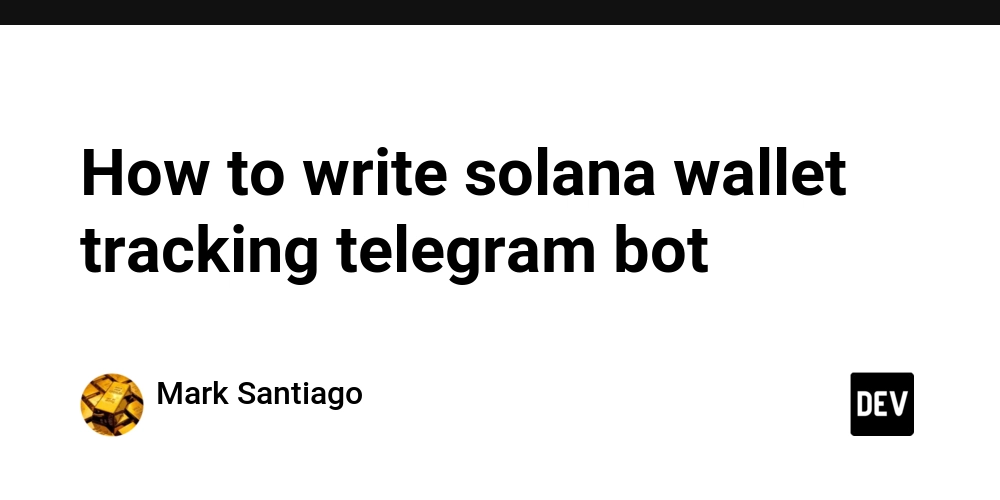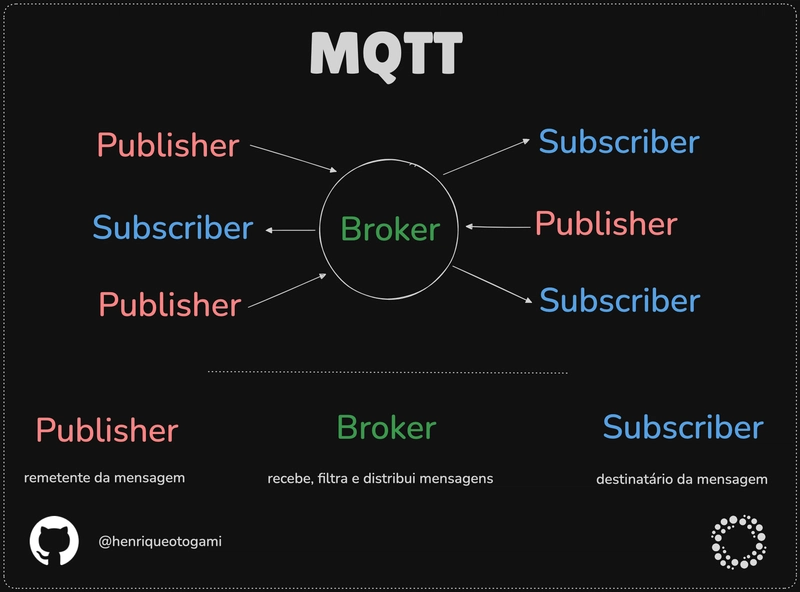Introduction to Smart Contracts Pt2
Continuing from the first post, we have gone over the examples of smart contracts and what they essentially look like with an explanation. Now I am going to continue and get more into detail. Here is where we left off, with this subcurrency example: // SPDX-License-Identifier: GPL-3.0 pragma solidity ^0.8.4; contract Coin { // The keyword "public" makes variables // accessible from other contracts address public minter; mapping (address => uint) public balances; // Events allow clients to react to specific // contract changes you declare event Sent(address from, address to, uint amount); // Constructor code is only run when the contract // is created constructor() { minter = msg.sender; } // Sends an amount of newly created coins to an address // Can only be called by the contract creator function mint(address receiver, uint amount) public { require(msg.sender == minter); balances[receiver] += amount; } // Errors allow you to provide information about // why an operation failed. They are returned // to the caller of the function. error InsufficientBalance(uint requested, uint available); // Sends an amount of existing coins // from any caller to an address function send(address receiver, uint amount) public { if (amount > balances[msg.sender]) revert InsufficientBalance({ requested: amount, available: balances[msg.sender] }); balances[msg.sender] -= amount; balances[receiver] += amount; emit Sent(msg.sender, receiver, amount); } } address is a type where the variable will take in an address type. Its only for an address and no operations done. It can store addresses of contracts and half of a key pair belonging to any external accounts.

Continuing from the first post, we have gone over the examples of smart contracts and what they essentially look like with an explanation. Now I am going to continue and get more into detail.
Here is where we left off, with this subcurrency example:
// SPDX-License-Identifier: GPL-3.0
pragma solidity ^0.8.4;
contract Coin {
// The keyword "public" makes variables
// accessible from other contracts
address public minter;
mapping (address => uint) public balances;
// Events allow clients to react to specific
// contract changes you declare
event Sent(address from, address to, uint amount);
// Constructor code is only run when the contract
// is created
constructor() {
minter = msg.sender;
}
// Sends an amount of newly created coins to an address
// Can only be called by the contract creator
function mint(address receiver, uint amount) public {
require(msg.sender == minter);
balances[receiver] += amount;
}
// Errors allow you to provide information about
// why an operation failed. They are returned
// to the caller of the function.
error InsufficientBalance(uint requested, uint available);
// Sends an amount of existing coins
// from any caller to an address
function send(address receiver, uint amount) public {
if (amount > balances[msg.sender])
revert InsufficientBalance({
requested: amount,
available: balances[msg.sender]
});
balances[msg.sender] -= amount;
balances[receiver] += amount;
emit Sent(msg.sender, receiver, amount);
}
}
address is a type where the variable will take in an address type. Its only for an address and no operations done. It can store addresses of contracts and half of a key pair belonging to any external accounts.










































































































































































![[The AI Show Episode 142]: ChatGPT’s New Image Generator, Studio Ghibli Craze and Backlash, Gemini 2.5, OpenAI Academy, 4o Updates, Vibe Marketing & xAI Acquires X](https://www.marketingaiinstitute.com/hubfs/ep%20142%20cover.png)



























































































































![[FREE EBOOKS] The Kubernetes Bible, The Ultimate Linux Shell Scripting Guide & Four More Best Selling Titles](https://www.javacodegeeks.com/wp-content/uploads/2012/12/jcg-logo.jpg)



![From drop-out to software architect with Jason Lengstorf [Podcast #167]](https://cdn.hashnode.com/res/hashnode/image/upload/v1743796461357/f3d19cd7-e6f5-4d7c-8bfc-eb974bc8da68.png?#)






































































































.png?#)




.jpg?#)































_Christophe_Coat_Alamy.jpg?#)








































































































![Rapidus in Talks With Apple as It Accelerates Toward 2nm Chip Production [Report]](https://www.iclarified.com/images/news/96937/96937/96937-640.jpg)









































































































































